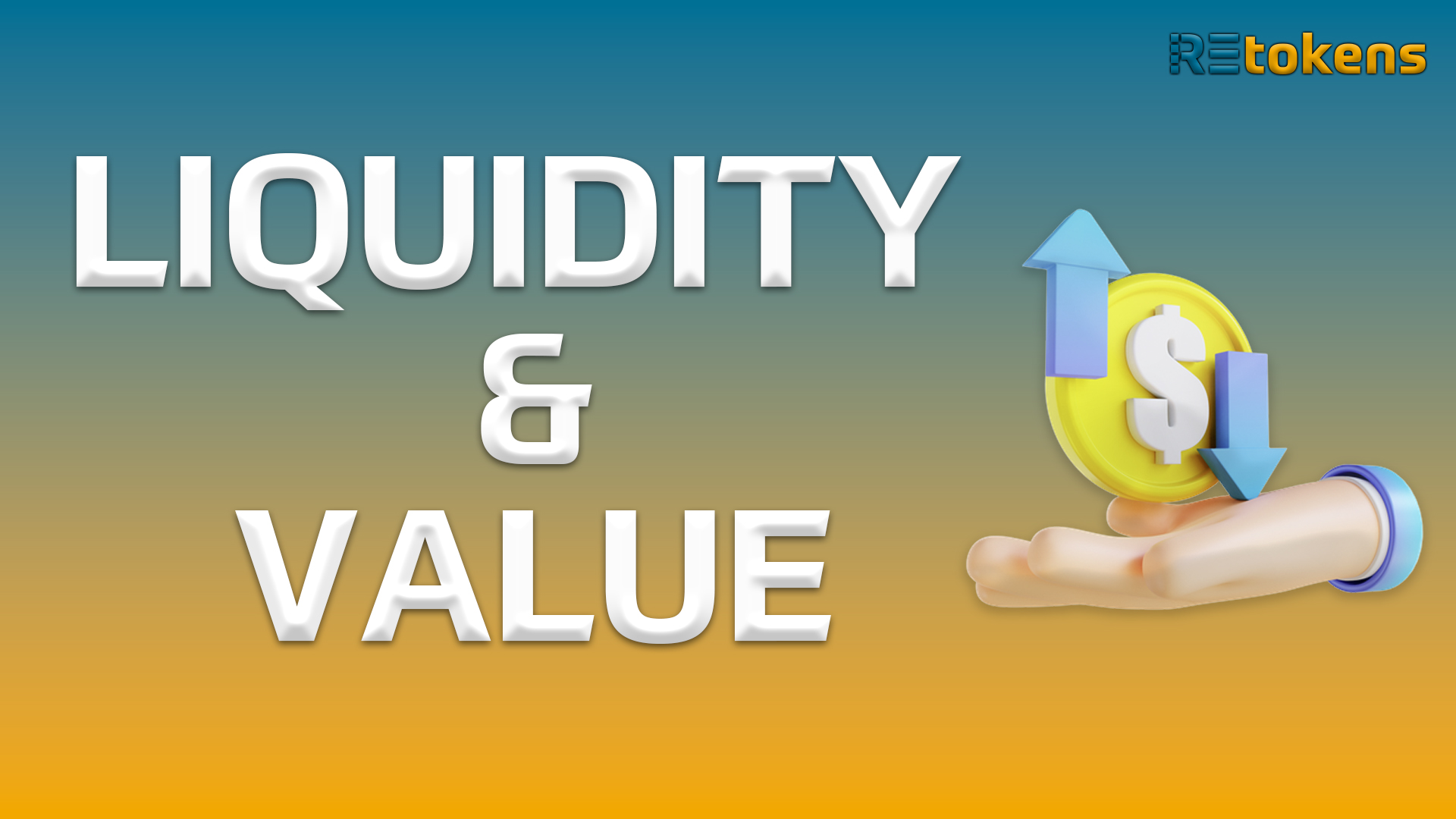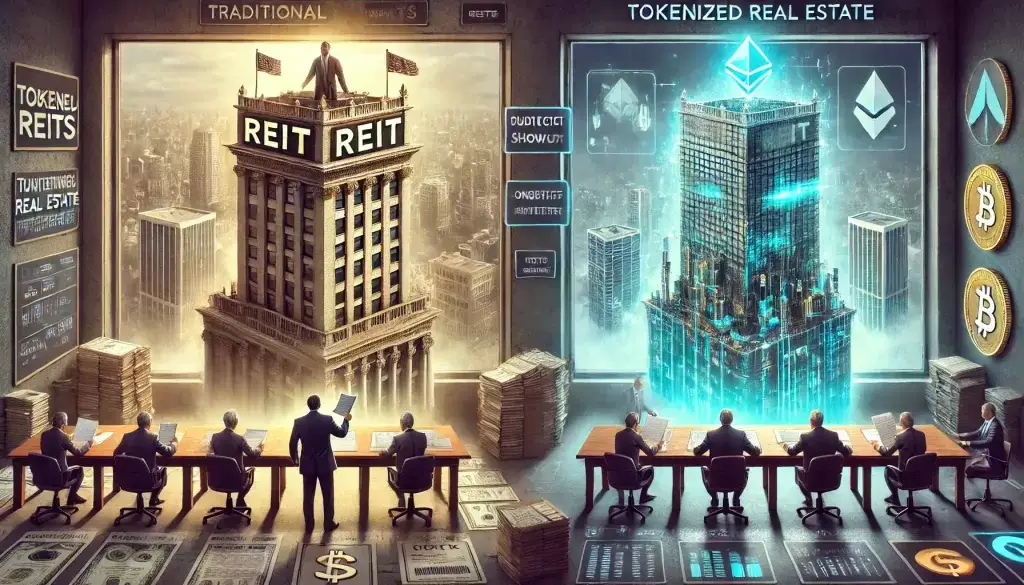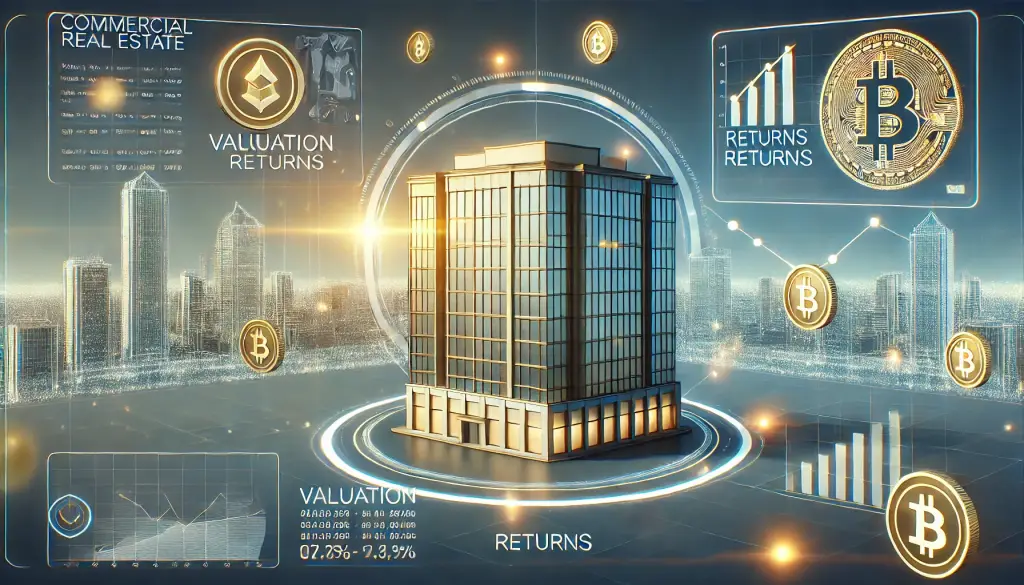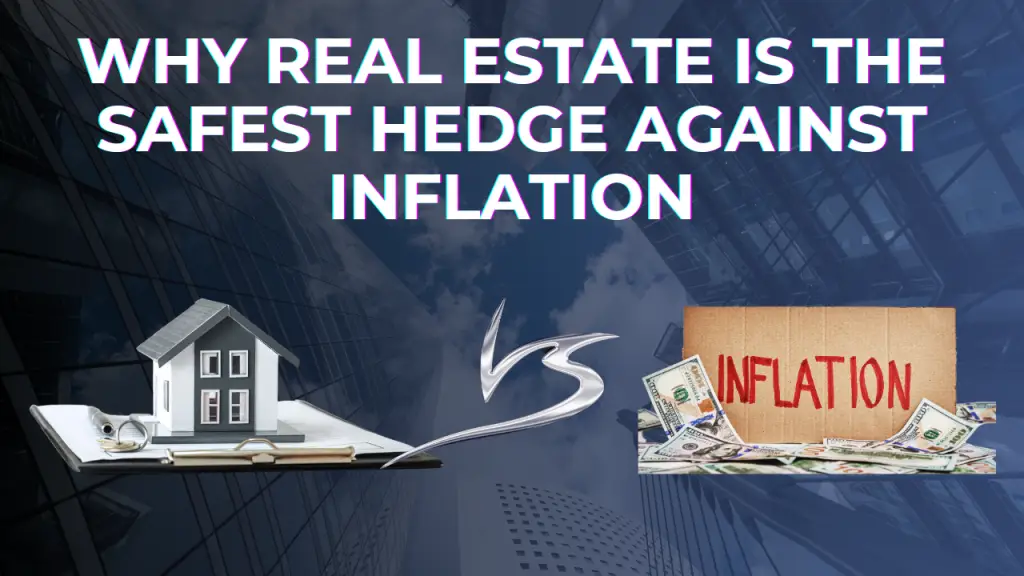Real estate investing has long been a popular way for individuals and institutions to grow their wealth and generate income. However, as most of us know, traditional real estate investing comes with its own set of challenges, particularly when it comes to liquidity. The illiquidity discount is the reduction in value of a real estate investment due to its lack of liquidity, and it can be a significant factor to consider when people are choosing how to invest their money. This blog is a short journey to explore how tokenization technology (or blockchain technology) can increase the value of real estate investments by addressing the illiquidity discount placed on traditional real estate investments.
What is the “Illiquidity Discount” in Real Estate Investing
Let’s take a closer look at what the illiquidity discount is and why it’s important in real estate investing. Liquidity refers to the ease with which an asset can be bought or sold in the market. Assets that are highly liquid, such as publicly traded stocks, can be bought and sold quickly and with minimal price impact. For example, if you think a stock is going to lose significant value or you just need the money right away for something else, you can quickly sell.
On the other hand, assets that are traditionally illiquid, such as privately held businesses or real estate, may take longer to sell and may have to be sold at a discount compared to more liquid assets in order to attract buyers. This discount is known as the illiquidity discount.
The illiquidity discount for traditional real estate investments is estimated to be at least 10-20%. This means that the value of an illiquid real estate asset, such as a privately held property, may be at least 10-20% lower than the value of a similar, publicly traded property. This discount reflects the additional risks and costs associated with buying and selling a private property, such as a longer sales process and a lack of transparent pricing information and all of the “middlemen” that need to be paid. It should be noted that in addition to time and expense, these “middlemen” can influence the value of the asset i.e. low appraisal from a sub-par appraiser. The illiquidity discount can also vary depending on the market condition, the location of the property, and the type of the property.
How Tokenization Can Increase the Value of Real Estate Investments
The emergence of tokenization technology (blockchain/digital assets) is changing the game for real estate investments. Tokenization is the process of converting ownership of a tangible asset, such as real estate, into a digital token that can be traded on a blockchain. This process allows for digital fractional ownership and allows it to play nice in a secondary market for the asset, such as an ATS (Alternative Trading System), increasing liquidity and making it easier for investors to buy and sell their real estate tokens or digital assets.
By tokenizing real estate, the illiquidity discount can be greatly reduced as the tokenized property can be bought and sold on a secondary market. This allows for a more efficient and transparent market, resulting in a more accurate representation of the property’s fair market value. Tokenizing real estate also allows for fractional ownership, which opens investment opportunities to a wider range of investors. As of this blog writing in early 2023, there remains much to be desired in robust secondary market trading, but this is changing rapidly.
Furthermore, tokenizing real estate also allows for greater transparency and security, as all transactions are recorded on the blockchain. This can increase trust in the market and attract more investors. Just remember, when it comes to security, not all blockchains are created equal.
Additionally, tokenizing real estate also allows for greater flexibility in the investment process. For example, investors can now buy and sell shares of a property at any time, rather than having to wait for a sale to occur. This means that investors can take advantage of market fluctuations and make quick decisions based on current conditions. There are of course SEC (Securities and Exchange Commission) Regulations around this that must be followed so make sure you have the right legal guidance from your attorney when tokenizing your real estate for purposes of liquidity and value increase in the secondary market. It can’t be understated that although this technology is fabulous and opens access doors to those who could not clear the traditional entry barrier, you MUST operate under current securities laws like SEC Regulations in the US.
Lastly, tokenizing real estate allows for more efficient and streamlined management of the property. Token holders can have access to real-time information about the property, such as occupancy rates, rental income, and expenses. This can help investors make more informed decisions about the property and improve their returns on investment. Retokens offers it’s customers such a platform for investor and token management for issuers and their investors. It’s exciting to consider tokenizing real estate and opening the asset up to a secondary market can increase the value of your real estate while at the same time allowing access to these investments to people who you know and love who have not been able to get involved in the past!
By: Tyler Vinson, CEO REtokens




